I write this post with a profound respect for
all the bosses I have had in my career so far. Some of them were very good,
good, bad and even very bad. But from all of them I have learnt a lot of things
that have contributed to my management style.
This post is about sharing my experience
to manage your boss. If you want to achieve results, innovate and get on you
have to learn how to manage your boss. If you really believe something needs to
be done and you cannot do it without the consent of your boss you have to work
out how you are going to manage him.
So what do you need to know? For example:
·
Get
agreement from him on what you want to do
·
Deal
with him over problems
·
Impress
him so that he is more likely to accept your proposals and to place his trust
in you.
The above is not exact science but will help
you in the vast majority of situations.
Getting agreement from your boss is in many
ways like getting agreement from anyone else. You need to be good at case
presentation and at, let´s say, persuasion. To put some examples of the things
you would need to do (everyone could have a personal list based on his/her own
experience, of course):
·
Find
out what he expects
·
Establish
how he likes things presented to him. For example, does he like long written
reports? Or does he prefer a succinct proposal on one side of one sheet of
paper?
·
Get
to know how he likes things done. How? By observation and by asking other
people. If something goes wrong, choose the right moment and ask him/her advice
on how to do it better next time (just a comment, most people love being asked
of their advice!!)
·
Find
out the right time to approach him. For example, some people are at their best
first thing. Others take time to warm up!! Check of his mood in advance, very
important indeed. His/her assistant can help.
·
Decide
whether you want support. For example, you may be able to make a better case on
a one for one basis.
·
Don’t
go in for open confrontation if you cannot get your own way at first. For
example, get your boss to agree with what he is prepared to agree and then turn
to the problem areas. Emphasize joint responsibility.
·
Leave
him an escape route, in other words, a way open to consent without his having
to climb down. Don’t beat him into the ground, you know why? You might win this
one but what about the next time?
·
Don’t
overwhelm him with your ideas. For example, don’t expect to achieve everything
at once. Tackle one important thing at a time.
·
If
your boss comes up with a better idea than yours, recognize and accept it.
Everybody likes recognition!!
·
If
you cannot convince him first time remember that he/she is the boss. He/she
makes the ultimate decisions.
On the second thing, how we could deal with
problems? For example, things are going wrong or you have made a mistake. You
need the help of your boss in sorting out a problem. What approach should you
adopt? Some ideas:
·
Keep
him informed. Never let him be taken by surprise. For example, prepare him in
advance for the bad news. Give him hope!!
·
If
something has gone wrong explain what has happened, why it has happened (but,
very important, with no excuses) and would you like to do about it. Emphasize
you are seeking his views on what you propose as well as his agreement.
·
If
you think he is to blame, “never say” I told you so. If you do, you will
probably make an enemy for life!!
·
If
you admit responsibility try to stop your boss keeping on at you. For example,
steer him away from recriminations into a positive attitude on what you can
together do to solve the problem.
Your purpose is not solely to impress your
boss. But you will get more done and get on better if you impress him. Your
boss needs to trust you, to rely upon you and to believe in your capacity to
come up with good ideas and to make things happen. So what to do to succeed in
impressing your boss? Do something as follows:
·
Always
be frank and open. Admit mistakes. Never lie or even shade the truth.
·
Aim
to help your boss to be right. Recognize that you exist to give him support.
·
Don’t
trouble him unnecessarily with your problems.
·
Provide
him with protection when required!! Loyalty can be an old fashioned virtue, but
you owe it to your boss. Because if you cannot be loyal to him you should be
out from under as quick as you can.
Conclusion could be to come up with solutions
not problems. Your boss, normally, wants answers not questions and think in
something very important, why make an enemy of your boss when you could have
him as friend? Sometimes is really difficult depending on the situations, own
personalities, working environment, corporate culture etc but remember, for me,
success is the happiness of your boss!!!
Good luck !!!!











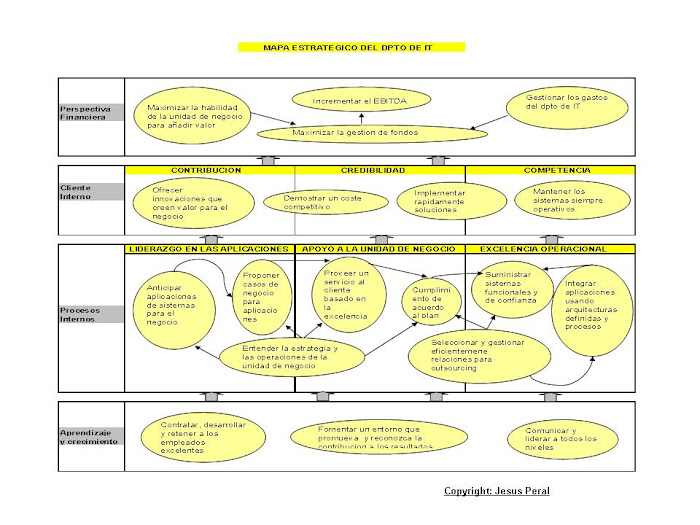








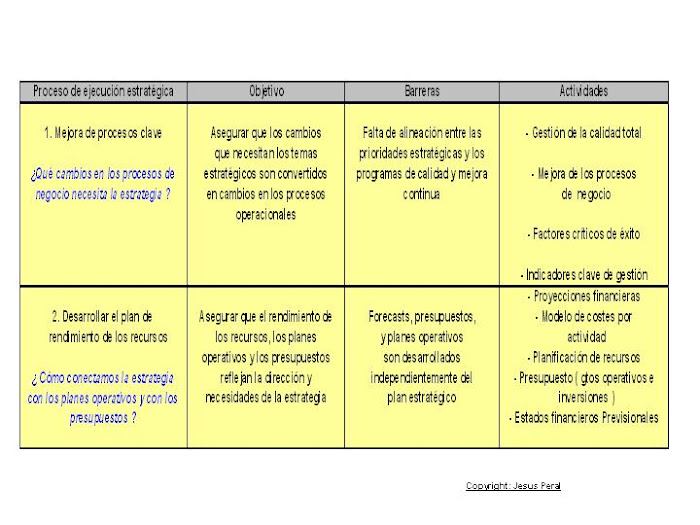





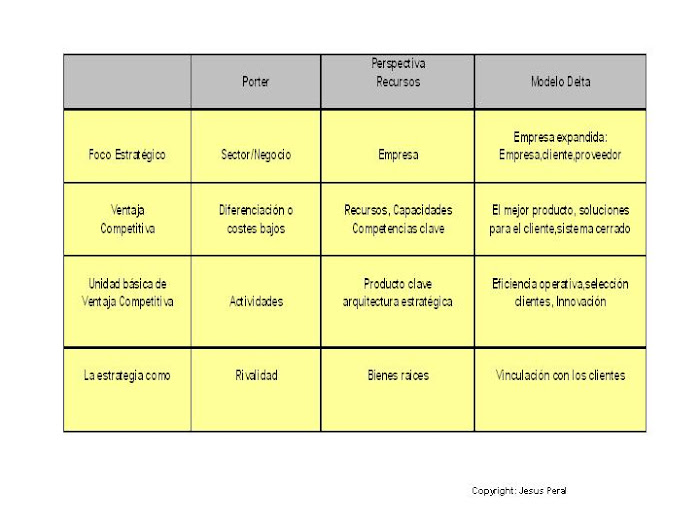

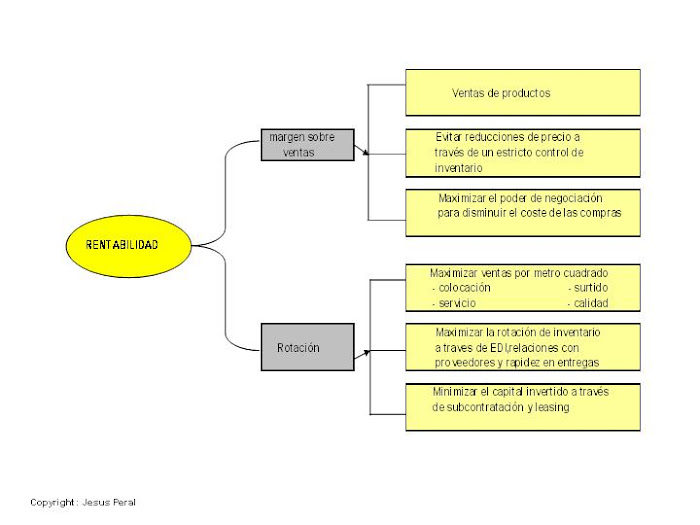





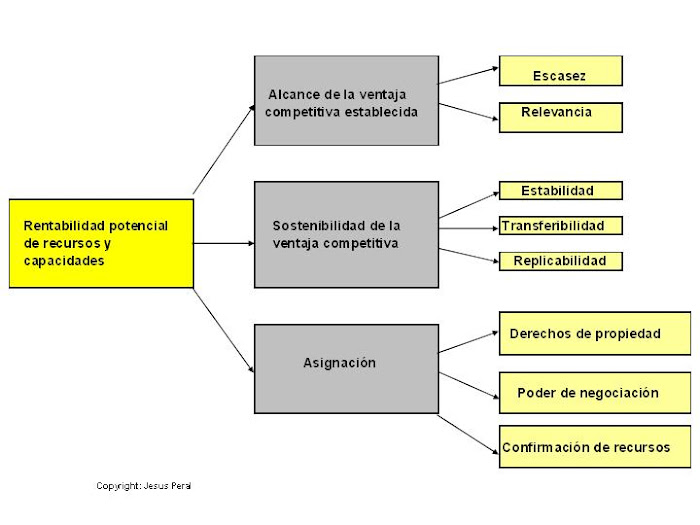



































No hay comentarios:
Publicar un comentario